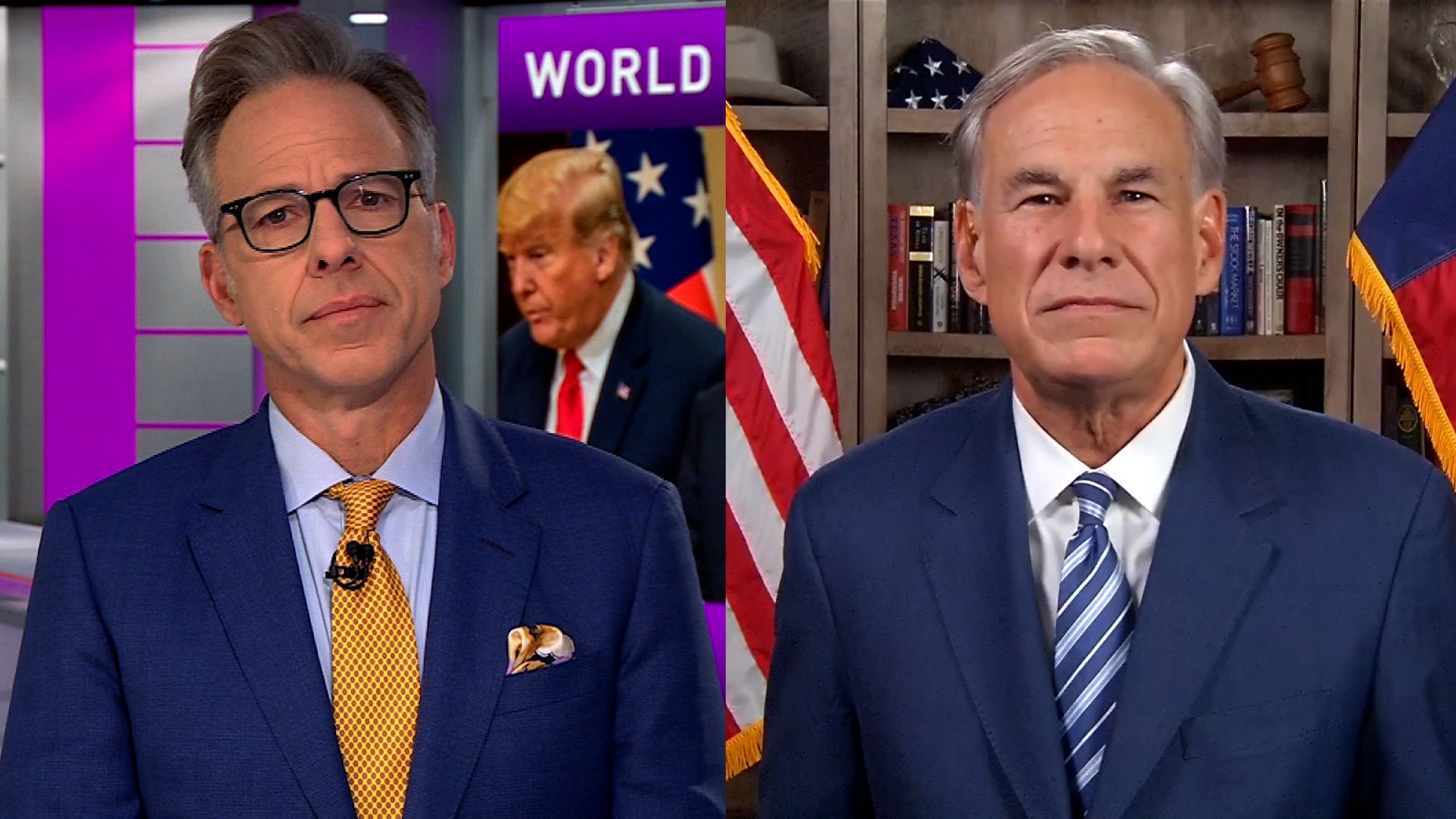
2 reasons Trump calling in troops in DC is so extraordinary
Entities mentioned:
- Donald Trump: Power, Control, Legacy
- Washington, DC Metropolitan Police Department: Duty, Security, Professional pride
- National Guard: Duty, Security, Obligation
- Former Trump administration officials: Wariness, Duty, Self-preservation
- American public: Security, Freedom, Wariness
Article Assessment:
Credibility Score: 75/100
Bias Rating: 40/100 (Lean Left)
Sentiment Score: 30/100
Authoritarianism Risk: 65/100 (Authoritarian Tendencies)
Bias Analysis:
The article leans slightly left, presenting a critical view of Trump's actions. While it includes factual information and some balanced reporting, the framing and language choices suggest a skeptical stance towards the administration's decisions.
Key metric: Civil Liberties and Rule of Law Index
As a social scientist, I analyze that this article highlights a significant shift in the use of military forces for domestic purposes under President Trump's administration. The deployment of the National Guard and the federalization of DC's police force for crime control, rather than in response to large-scale civil unrest, represents an unprecedented expansion of federal power in local law enforcement. This action could potentially impact the Civil Liberties and Rule of Law Index by blurring the lines between military and civilian law enforcement, potentially undermining local autonomy and raising concerns about the militarization of domestic policing. The article suggests that this move is not supported by crime statistics or public opinion, which could lead to increased tension between federal and local authorities, as well as between the government and citizens. This development may be seen as a test of institutional checks and balances and could have long-term implications for the balance of power between federal and local governments in the United States.

Texas Gov. Abbott decries ‘runaway Democrats’ as redistricting standoff enters its second week
Entities mentioned:
- Texas House Democrats: Justice, Righteousness, Determination
- Texas Republicans: Power, Control, Ambition
- Greg Abbott: Power, Control, Indignation
- Dustin Burrows: Duty, Determination, Control
- Gene Wu: Justice, Righteousness, Determination
- John Cornyn: Power, Control, Loyalty
- Beto O'Rourke: Justice, Influence, Unity
- Gavin Newsom: Power, Competitive spirit, Justice
- Dick Durbin: Justice, Unity, Righteousness
- Mihaela Plesa: Determination, Justice, Righteousness
- Rhetta Bowers: Determination, Justice, Self-preservation
Article Assessment:
Credibility Score: 75/100
Bias Rating: 55/100 (Center)
Sentiment Score: 30/100
Authoritarianism Risk: 65/100 (Authoritarian Tendencies)
Bias Analysis:
The article presents perspectives from both Democratic and Republican sides, giving voice to multiple viewpoints. However, there's slightly more space given to Democratic justifications and concerns, which nudges it just past center.
Key metric: Political Polarization Index
As a social scientist, I analyze that this article highlights a significant escalation in political polarization and partisan tactics in Texas, with potential national implications. The redistricting conflict demonstrates a growing willingness to use extreme measures to gain political advantage, including Democrats fleeing the state and Republicans considering unprecedented legal actions. This standoff not only affects Texas's legislative process but also has broader implications for national political representation and the balance of power in the U.S. House of Representatives. The involvement of other states and national figures suggests a widening of the conflict beyond Texas borders, potentially exacerbating national political divisions. The tactics employed by both sides, including attempts to track down lawmakers and potential retaliatory redistricting in other states, indicate a deterioration of political norms and an increase in confrontational strategies. This situation is likely to further erode public trust in democratic institutions and processes, contributing to a more polarized and contentious political environment nationwide.